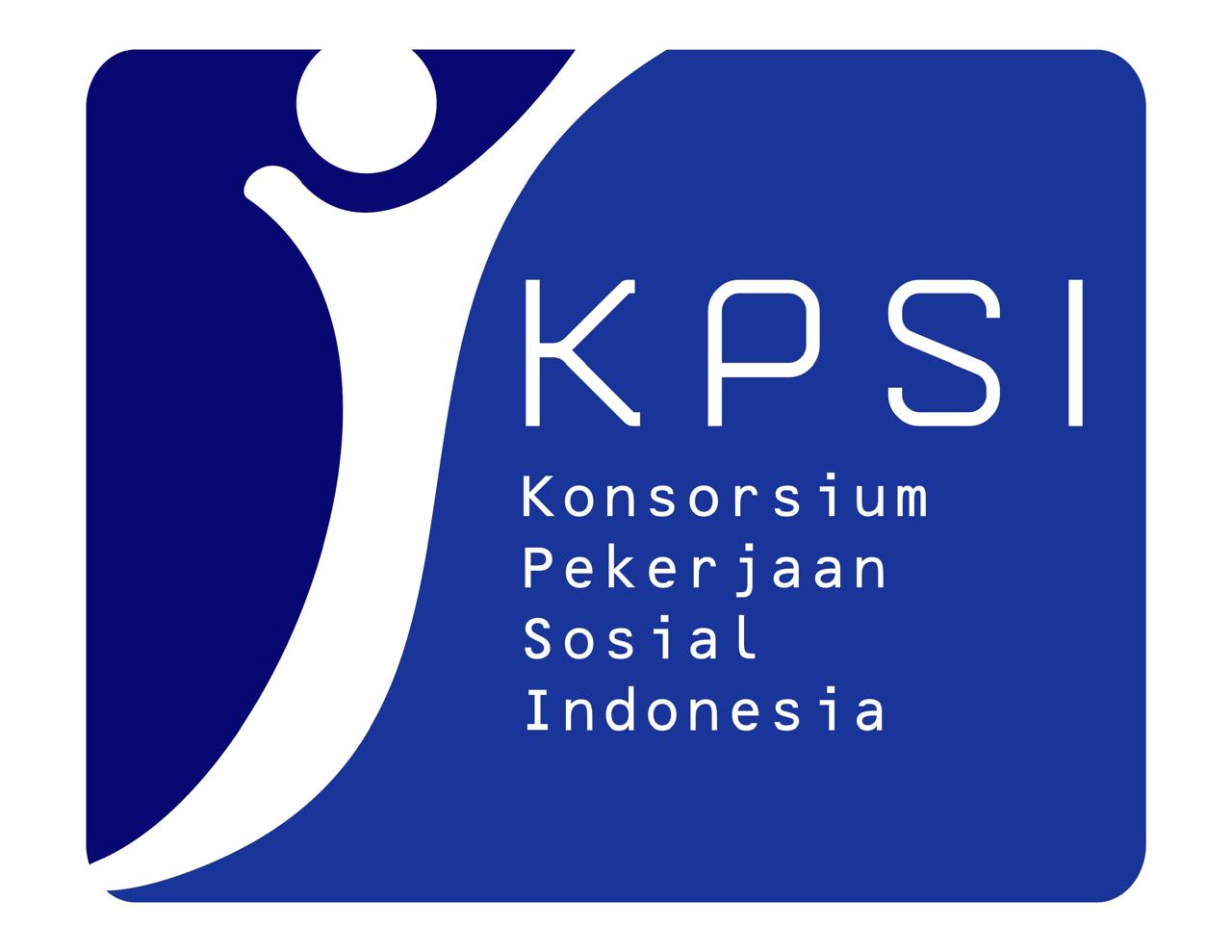The The Impact of Changes in Workload and Subjective Well Being on Job Satisfaction through Work Motivation as a Mediator for Assistants for Persons with Disabilities at the Ministry of Social Affairs
DOI:
https://doi.org/10.58671/aswj.v10i2.22Keywords:
Workload, Job Satisfaction, Subjective well-beingAbstract
Since the formation of assistants with disabilities in 2018 to 2022, the number is significant, only a decrease of 13% from the initial total recruitment of companions. Employee job satisfaction is an important factor for employees to increase work motivation. This study aims to examine whether motivation and workload as well as subjective well-being affect the job satisfaction of assistants with disabilities in the Ministry of Social Affairs; To test whether subjective well being and workload affect job satisfaction through work motivation as a mediator fit with empirical data on assistants with disabilities at the Ministry of Social Affairs. This research uses quantitative with descriptive type. An online survey through google form was used with a sample of assistants with disabilities who met the criteria set by disability researchers at the Ministry of Social Affairs and spread across 34 provinces totaling 140. The results showed that there was a direct influence of workload and subjective will be on job satisfaction. The results of the path analysis of workload and subjective will being on job satisfaction through work motivation show that there is a significant effect.
References
Abdus Sattar Abbasi, Et. Al. (2012). Islamic Work Ethics: How It Affects Organizational Learning, Innovation And Performance. Actual Problems Of Economics, 12(138).
Anggraini, Ratih. 2019. The Effect of Motivation and Workload on Employee Job Satisfaction At Pt. Source Tirta Anugrah Sustenance Pekanbaru, Surakarta. Thesis. Surakarta State Islamic University.
Arianti, Jati. 2010. Subjective Well-Being (Subjective Welfare) and Job Satisfaction on Teaching Staff (Lecturers) at the Faculty of Psychology, Diponegoro University, Semarang. Diponegoro University.
Clark. LE (1988). Journal Of Personality And Social Psychology 54 (6): 1063-1070 Jun 1988 . Times Cited: 3403.
Diener, E., Oishi, S., & Lucas, RE (2009). Subjective Well-Being: The Science Of Happiness And Life Satisfaction.In SJ Lopez & CR Snyder (Eds.), Oxford Handbook Of Positive Psychology. New York: Oxford University Press.
Diener, Ed. (2000). Subjective Well Being: The Science Of Happiness And A Proposal For A National Index. Vol. 55., No. 1. 34-43.
Fina Wulandari Puspita, Arief. 2018. The Effect of Subjective Well-Being on Employee Performance at Pt Ta Witel Jember, Jember. Thesis. Muhammadiyah University of Jember.
Gawron, VJ (2008). Human Performance, Workload, And Situational Awareness Measures Handbook, Second Edition. USA: Crc Press Taylor & Francis Group.
Hapsari, W. (2019). Adaptation of Job Satisfaction Measuring Tools for Health Workers in Indonesia. Praxis Journal, 107-116.
Herzberg, Frederick. 2011. Herzberg's Motivation-Hygiene Theory And Job Satisfaction In The Malaysian Retail Sector: The Mediating Effect Of Love Money. Sunway University Malaysia: Teck Hang Tan And Amna Waheed.
Kamil, Royhan Al. 2016. The Effect of Workload and Work Motivation on Job Satisfaction in Permanent Employees at Pt. Kanaya, Jakarta. Thesis. State University of Jakarta.
Sugiyono (2011). Qualitative Research Methods And R&D. Alphabet.
Sugiyono. 2016. Quantitative, Qualitative and R&D Research Methods. Bandung: PT Alphabet.
Talo et al. 2020. The Effect of Workload on Employee Job Satisfaction at Pt. Pos Indonesia (Persero) Kupang Branch. Kupang. Thesis. Nusa Cendana University.
Downloads
Published
How to Cite
Issue
Section
License
Copyright (c) 2022 Tina Zonneveld

This work is licensed under a Creative Commons Attribution-NonCommercial-ShareAlike 4.0 International License.
































